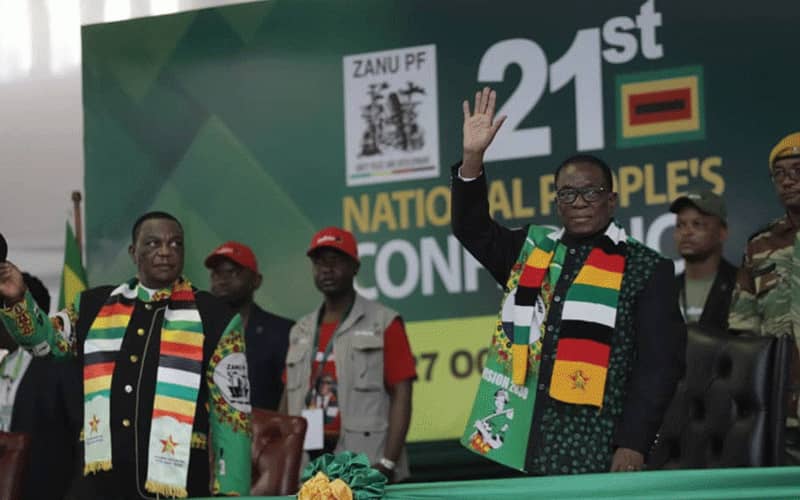Innocent Sibonginkosi Ncube
The history of leadership changes within the Zimbabwe African National Union-Patriotic Front (ZANU-PF) is marked by military intervention rather than voluntary retirement. Here’s a brief overview of significant events:
Key Leadership Changes
- Ndabaningi Sithole: The first leader of ZANU-PF, Sithole was removed by the military through the Mgagao Declaration in November 1975. This marked the beginning of military influence in the party’s leadership.
- Herbert Chitepo: Serving as the auxiliary leader during the imprisonment of Sithole and Mugabe, Chitepo was killed in 1975 amid ethnic conflicts, with the military’s involvement being a point of contention. An international inquiry later cleared Ian Smith of blame.
- Robert Mugabe: After leading the party for decades, Mugabe was ousted in a military coup in November 2017. This event was pivotal, as it demonstrated the military’s continued role in shaping ZANU-PF leadership.
- Emmerson Mnangagwa: Initially expected to serve only one term following Mugabe’s removal, Mnangagwa is now seeking a third term, raising questions about the future of ZANU-PF leadership and the potential for military involvement in his presidency.
Current Context and Future Implications
General Constantino Chiwenga, who played a crucial role in the coup against Mugabe, is often discussed in the context of potential military rule. However, Dr. Walter Mzembi argues that Chiwenga’s leadership would not lead to a fully military government. Instead, he suggests that the military has sought a partnership with civilian leadership, allowing for a quasi-civilian governance structure.
Mzembi emphasizes the need for national unity and warns against the dangers of ethnic and regional dominance in governance. He advocates for a commitment to constitutionalism and the dismantling of exclusionary practices within the government.
Conclusion
The history of ZANU-PF leadership changes illustrates a pattern of military intervention rather than democratic transitions. As Zimbabwe approaches the next election cycle, the implications of Mnangagwa’s ambitions and the military’s role in governance remain critical topics of discussion. The future of ZANU-PF leadership will likely continue to be influenced by these historical precedents and the ongoing dynamics between military and civilian authorities.
Zim GBC News©2024


